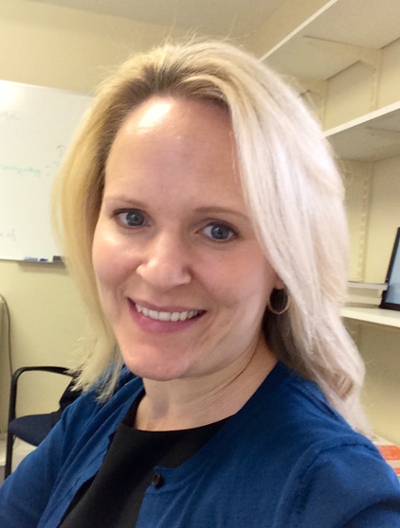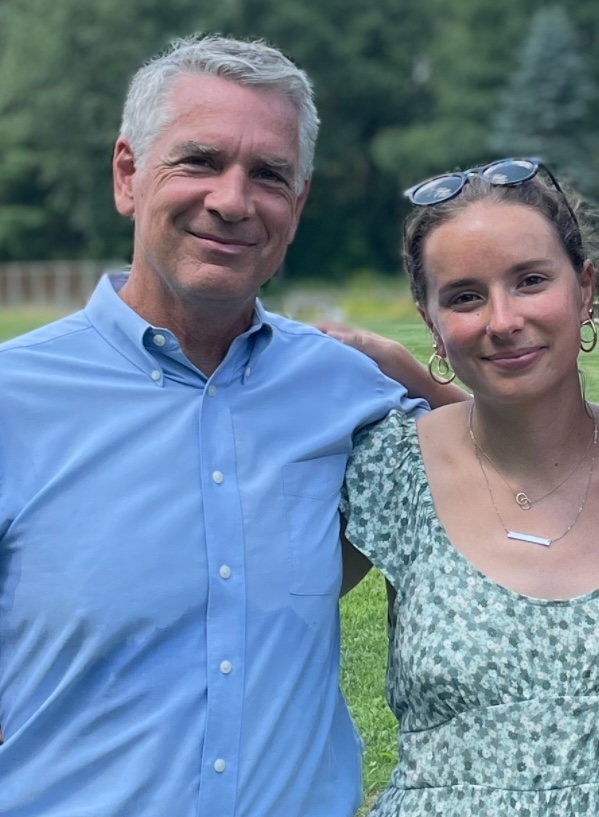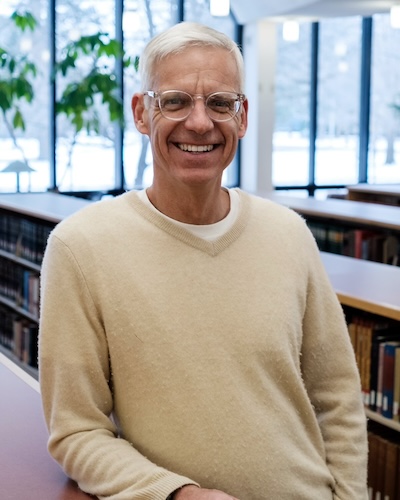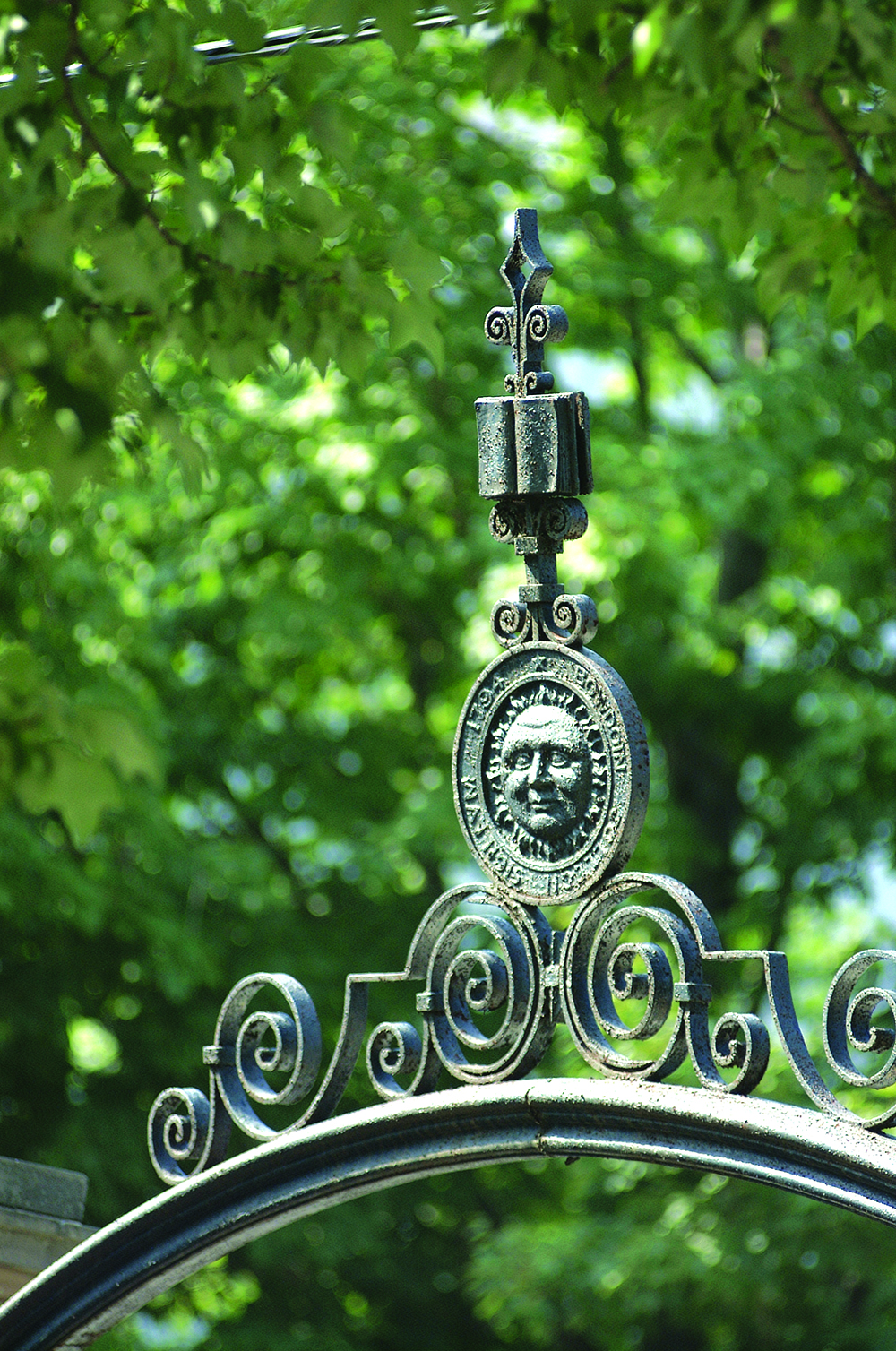A Deep Dive into the Science of Learning
By Tom Porter“If we had a capstone class, this would be it,” said Assistant Professor of Education Alison Riley Miller. She’s talking about the 3000-level Advanced Seminar in Contemporary Education Research she’s been teaching this semester. “It really is a deep dive into learning theory and learning sciences,” she said.

Education 3333 partnered students with teachers and staff at Kate Furbish Elementary School in Brunswick to better understand and address challenges related to engaging elementary-age students in hybrid and fully distanced learning environments, said Miller. This part of the course involved students doing collaborative research, mentored by Miller. “Students interviewed the whole teacher leadership team at Kate Furbish, some of whom were doing fully distanced learning at the time, as well as administrators and literacy and technology specialists. They asked them what was working well, and what were the areas that could be improved upon.”
Some of what the students learned was applicable to all teaching, remote or in person, said Miller. “It’s about identifying what learning looks like. It’s also about how to use particular tools for remote learning, without those tools becoming burdensome. We were interested in how to simplify these platforms so there isn’t too much cognitive energy going into figuring out how to use them. The aim was for teachers and students to preserve that energy for the actual teaching and learning.”
Once students had identified findings, they put together a prerecorded Zoom presentation that they sent to Kate Furbish for teachers and staff to view. As well as learning from the educators, Miller’s students were also able to assist them by directing them toward additional resources that could help with the challenges of distance learning. “It was a cool apprenticeship experience, which I think helped everyone concerned—students, teachers, and staff alike,” Miller added.
“Working with Kate Furbish school on this collaborative research project allowed me to translate many of the abstract topics I have read about into concrete practices and suggestions for actual teachers to carry out with their students,” said Sarah Clarke ’23. “As teachers and administrators struggle to keep children engaged throughout this difficult time,” she added, “getting to contribute even a few helpful ideas was an eye-opening experience.”
As well as this collaborative part of the course, the students also had their own individual research projects to work on. “The six students in the seminar chose a wide range of topics,” said Miller. “One of them looked at math anxiety and how to mitigate it, one looked at interventions to help students with ADHD stay focused in class, while another student, who is an urban studies minor, examined urban environments and the planning of playground spaces.”
Emma Beaulieu ’21 drew on her experience studying education overseas in Copenhagen last spring for her project, called “A Shift Towards Nature-Based Learning," in which she researched the theory and benefits of learning outdoors. “In Denmark, I was able to work in a forest kindergarten, a type of early-childhood education program that takes place completely outside and is very popular in Scandinavia. I was able to compile tips for US educators who may want to implement some of these practices in their teaching,” she said. “Over the past year, teachers have had to completely overhaul how they do their job, and I was glad our class could do this research and take something off their plate,” added Beaulieu.
“I think our Bowdoin students, thanks to their own experience of distance learning, have some intuition as to what works and what doesn’t,” said Miller. “So, it was really neat to see them try to make sense of all this through the perspective of much younger students and to present that research in a way that helps both teaching and learning.”



